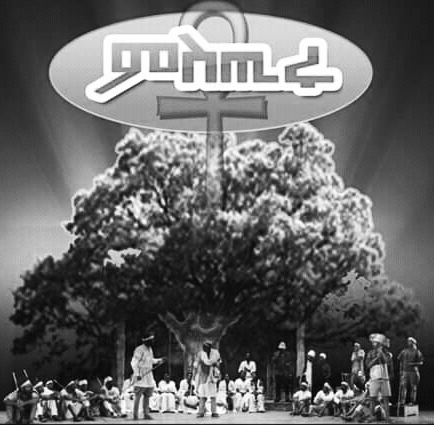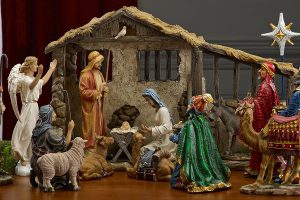
Recently a theatre called Mistru, which literally means, the mystery was officially opened at the Ethiopian National Theatre. The theatre is mainly based on norms and cultures that the society has been practicing for long to ensure peace and justice. Alehegn Berhane is the playwright of the theatre. He noted that it was when he was a university student the theme took shape in his mind. At the time, the theatre was prepared for a course complement. Then the teachers advised him to develop it. He gave a heeding ear to the comments. “Most professionals from the theatre houses commended the play staged for feedback. Then, I incorporated their feedback and finalized it for show.”
The theatre is aimed at showcasing traditional values of the society. One of the norms has been there for a long period of time in Gojjam, Amhara state. The society calls it Awchachign (unveiling/ tipping) a system which is used to expose and punish a criminal for his/her misconduct. Awchachign is brought into play when an offensive action is done on the sly. In a tree shade, public figures preside over called meetings under a tree. Each congregant who witnessed or knows about the offence will give a tip about the person behind the wrong action. Following the hearing procedure, elders, who have wisdom and a traditional legal knowledge, examine the case and identify the criminal. However, if no one comes forth with a clue, elders will unanimously curse the unknown wrongdoer to face all s/he did on the victim. This way society has been solving its problems wisely. It as well is used to teach new generation about ethics and punitive measures for misconduct, Alehegn said.
The theatre will help teach the current generation ways of amicably solving conflicts said theatre Director Tesfaye Gebremariam. In present day Ethiopia, here and there, various conflicts flare up emanating from ordinary or minor misunderstandings to escalating quarrels. The theatre may help the government to lean on the power of elders in ensuring peace in the country. “There is a plan to conduct a tour so as to stage the theater in various states across the country. We are looking for sponsors to facilitate preconditions like accommodations to the 50 crew performers in the theatre.”
The theatre entertains societal issues including history, faith, heroism, friendship, revenge, love, money and justice, among others. The actors in the play have not an open culture, rather, they make a recourse to covert love, fear, among other feelings. Even when it comes to love, the lad who loves someone will not declare his love, but he chooses to keep it to himself or only tells to his intimate ones. The nature of this culture will be upturned when it comes to justice. In this society no one can evade the watchful eye of society after committing a crime. This seems true because, today most Ethiopians are asking for the imprisonment of officials that committed a crime scot free.
The opening of the theater house’s curtain is accentuated by a musical dance. A Mesenqo player and other instrumentalists who are also vocalists hurl puns accentuating the show. The puns in the poetic exchange of words reflect the deep-rooted cultural norms of society such as listening to what shepherds sing by way of conveying messages while tending their cattle. As per the norm, shepherds win hearts by the society for boldly transmitting messages via ironic songs packed with irony.
Accordingly, the characters in the theater converse ridiculing bad habits including robbery and lauding sentiments such as heroism and hard work, among others. In this poetic dialogue, a character named Weche declares his falling in love with the sister of the main character Mistru Tegegn, an egoist man who had plenty of treasures including old vellum books inherited from his father. However, Mistru was killed unexpectedly. After hours of heated debate and insightfully inspection through Awchachign, elders found out the killer. How? This plot is a twisted one to the extent of challenging participants in finding out the criminal in the Awchachign.
Professional as well as amatuer actors including Surafel Teka, Lule Ashagari, Hintsete Tadesse and Getachew Sileshi, among others, are seen in the show at the peak of their performance in the theater. Attendees can watch Mistru theatre every Friday evening at 5:00 pm in the Ethiopian National Theatre.
The Ethiopian Herald March 17, 2019
By Yohanes Jemaneh





